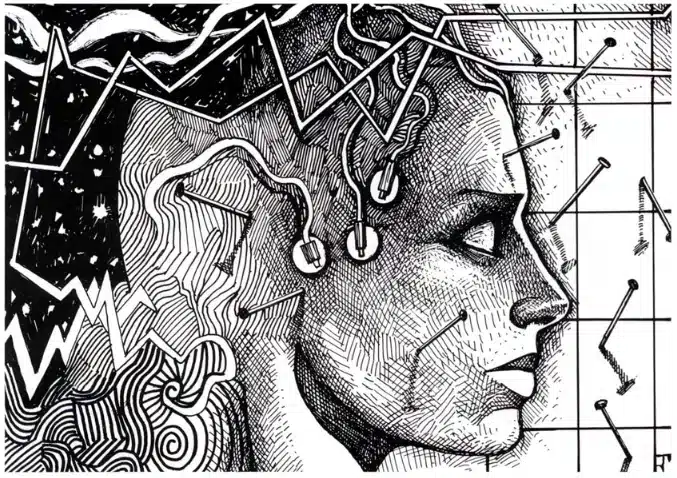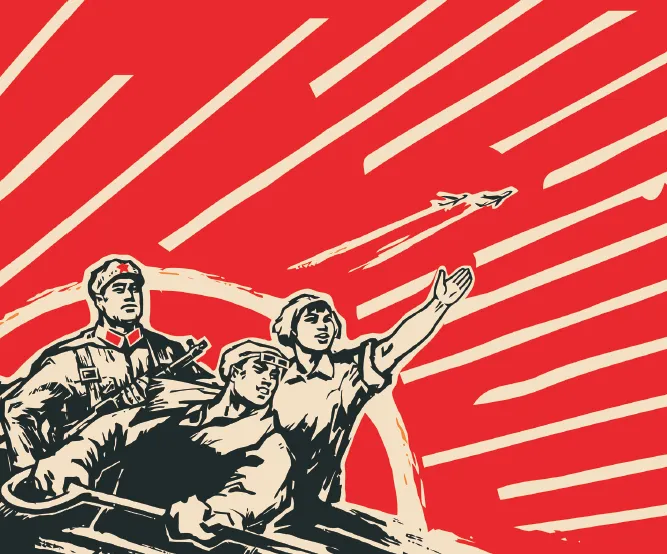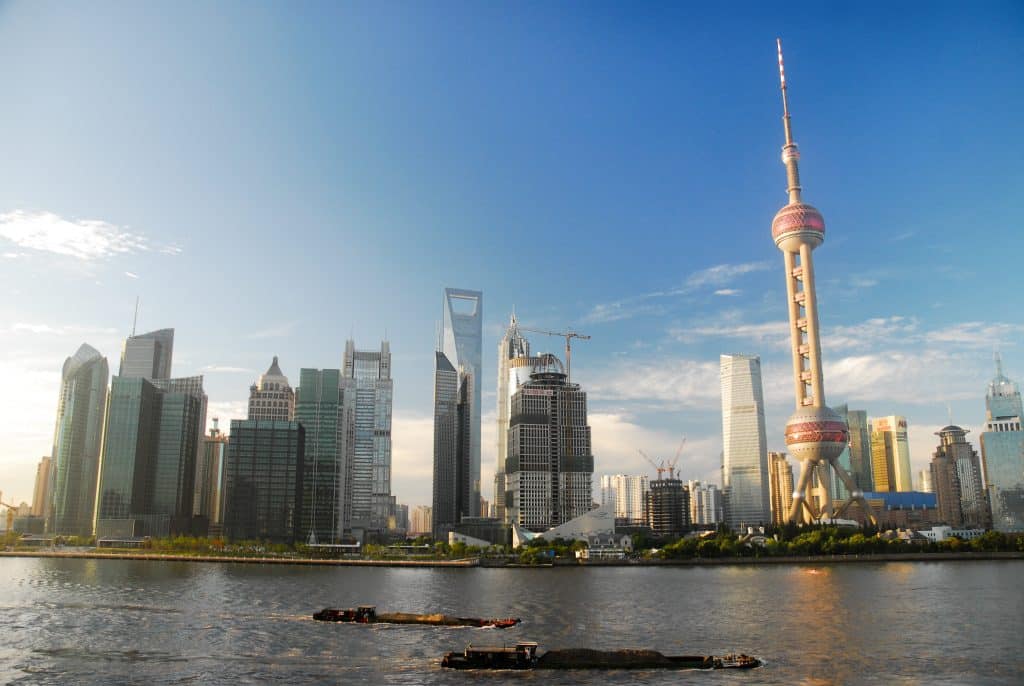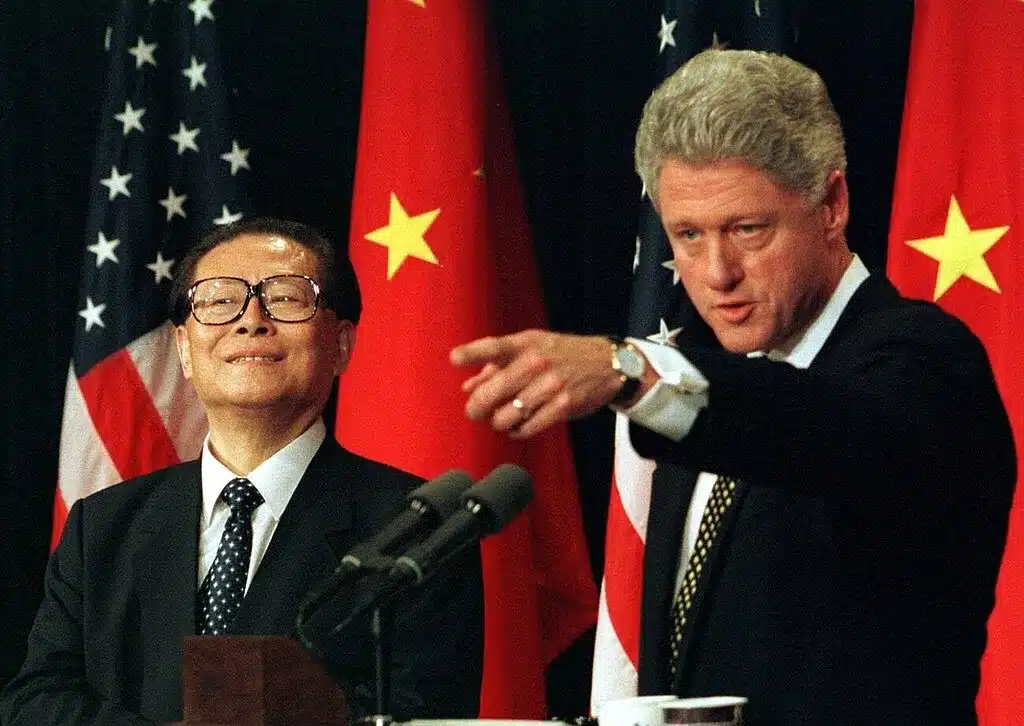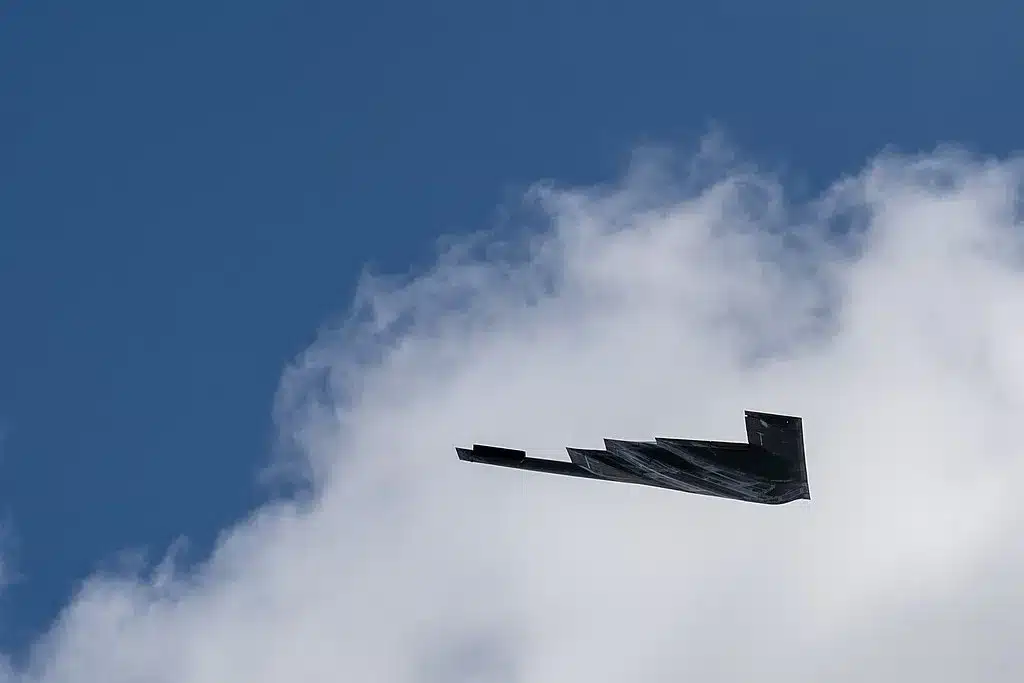50 Years Later: What China and the U.S. Can Learn from Ping Pong
The following commentary was adapted from Goffard’s recent speech at the Fifth Anniversary of the Young Scholars Forum on U.S.-China Relations.
Fifty years ago this month, ping pong sparked a momentous breakthrough in Sino-American relations. A friendly chance encounter between Chinese and American athletes at the World Table Tennis Championships in Nagoya, Japan, broke the metaphorical ice between the two nations. The American team visited China shortly thereafter, which in turn paved the way for normalized relations and President Richard Nixon’s historic trip to China in 1972. In the decades that followed, despite their political and cultural differences, China and the United States enjoyed a largely constructive and peaceful bilateral relationship. “Ping pong diplomacy” went down in the history books as a great success.
Today, however, it is no secret that the United States and China are racing farther apart, with vocal disagreements over human rights, democracy, technology, trade, and Taiwan, just to name a few. Many scholars and analysts believe that the Sino-American relationship has never been more strained. The idea that ping pong can somehow once again bridge these widening ideological divides feels naïve and unrealistic.
Still, I believe that the sport can offer important lessons for both China and the United States. Like diplomacy, ping pong can get incredibly heated and intense. The game is full of pressure and competitiveness. But the greatest table tennis athletes also show remarkable sportsmanship. They follow the agreed-upon rules of the game. They never name call. They respect their opponents and treat them as equals. They do not let competition turn into animosity.
It was not long ago that the U.S.-China relationship had much more sportsmanship on display. When I first visited China in 2012, I recall witnessing a growing sense of optimism, curiosity, and goodwill on both sides of the Pacific. Interest in mutual academic exchanges and language learning was on the rise. Political leaders like Secretary of State Hillary Clinton went on the record to say that both nations could benefit from each other’s success and economic growth. The same differences over human rights, democracy, and trade existed back then, but the way we approached those differences was more constructive and respectful.
Fast forward to 2021. Regrettably, it seems as if we are heading toward a new normal in U.S.-China relations, one in which any semblance of sportsmanship is quickly evaporating. Rather than listening, discussing, and engaging more deeply to resolve longstanding conflicts, China and the United States have responded with nationalism, combativeness, and rhetorical taunts. The ideological divide between our governments has also percolated down to a more individual level. According to a Gallup poll in March 2021, 79% of Americans hold an unfavorable opinion of China, and 45% of adults view China as the nation’s “greatest enemy”. Conversely, recent polls by the China Data Lab found that 61% of Chinese citizens harbor negative views about America, with record numbers of people describing the United States as an “enemy” or “threat”. In both countries, these attitudes have worsened acutely since the start of the Covid-19 pandemic.
At such a challenging point in time, how can young people in both countries make a difference? One of the most important ways to intervene is by taking a proactive stand against the rising nationalism and vilification we see on both sides. Since the onset of Covid-19, anti-Asian racism in the United States has skyrocketed, fueled largely by hateful rhetoric against China and people of Chinese descent. Former U.S. President Donald Trump frequently invoked racist slurs when speaking about the coronavirus, referring to it as the “China virus” and “kung flu”. Many of his followers did the same. Linguistic research found that these phrases led to significant increases in anti-Asian posts on Twitter.
Demonizing words have dangerous and real-world consequences. The organization Stop AAPI Hate identified 3,795 cases of anti-Asian hate crimes around the country between March 2020 and February 2021. In Chinatowns across Oakland, New York City, Los Angeles, Chicago, and elsewhere, elderly Asian grandparents have been viciously assaulted, beaten, spat on, and harassed. In Atlanta, eight people—including six Asian women—were murdered in what appears to have been a racially targeted act of violence. These tragedies are what happen when our leaders equate an entire continent of people to a virus. China is not a virus, and blaming or vilifying China is not how we will overcome this pandemic. We must all do our part to stand up to racism and xenophobia everywhere, against all people, and in all forms.
It is equally imperative that China tone down its rising nationalism and demonization of the West. Everyone has the right to love their country––but patriotism taken to an extreme is dangerous and counterproductive for global cooperation. Just like individuals who want to build personal friendships, countries that seek to build alliances need to be mature, humble, and willing to accept criticism or acknowledge when they might be wrong.
Alarmingly, we have seen just the opposite lately. High-ranking Chinese diplomats have amped up belligerent rhetoric and turned to so-called “wolf warrior diplomacy” against the global community. Tweets by China’s Foreign Ministry have trolled foreign heads-of-state. Under the guise of “patriotism”, citizens have organized large boycotts against Western brands for speaking out against the well-documented human rights situation in Xinjiang. Some media outlets have even put forward conspiracy theories that coronavirus was actually an American plot against China, secretly manufactured and brought to China by the U.S. military. This type of nationalism is just as dangerous as the racism and vitriol we see in the United States.
It is worth adding that Beijing’s confrontational approach to foreign policymaking has not only damaged its relationship with America. It has also strained friendships with Australia, Canada, India, the United Kingdom, and other major powers. Young policymakers should help China reject nationalistic, wolf warrior diplomacy and instead engage with the global community.
President Joe Biden’s administration might provide an opening for renewed goodwill. The fight against global climate change is a particularly essential policy area where China and the United States must cooperate. Recent statements from President Biden and President Xi Jinping in the virtual climate summit certainly offer a ray of optimism.
As a Chinese-American, I sincerely hope that one day soon, our countries’ friendship will strengthen again. I hope that people on both sides will view each other once again with respect and understanding, rather than with fear and contempt. For us to get there, we must demonstrate the same sportsmanship that our nations’ ping pong athletes showed 50 years ago. Let’s commemorate this special anniversary by learning from the past.


